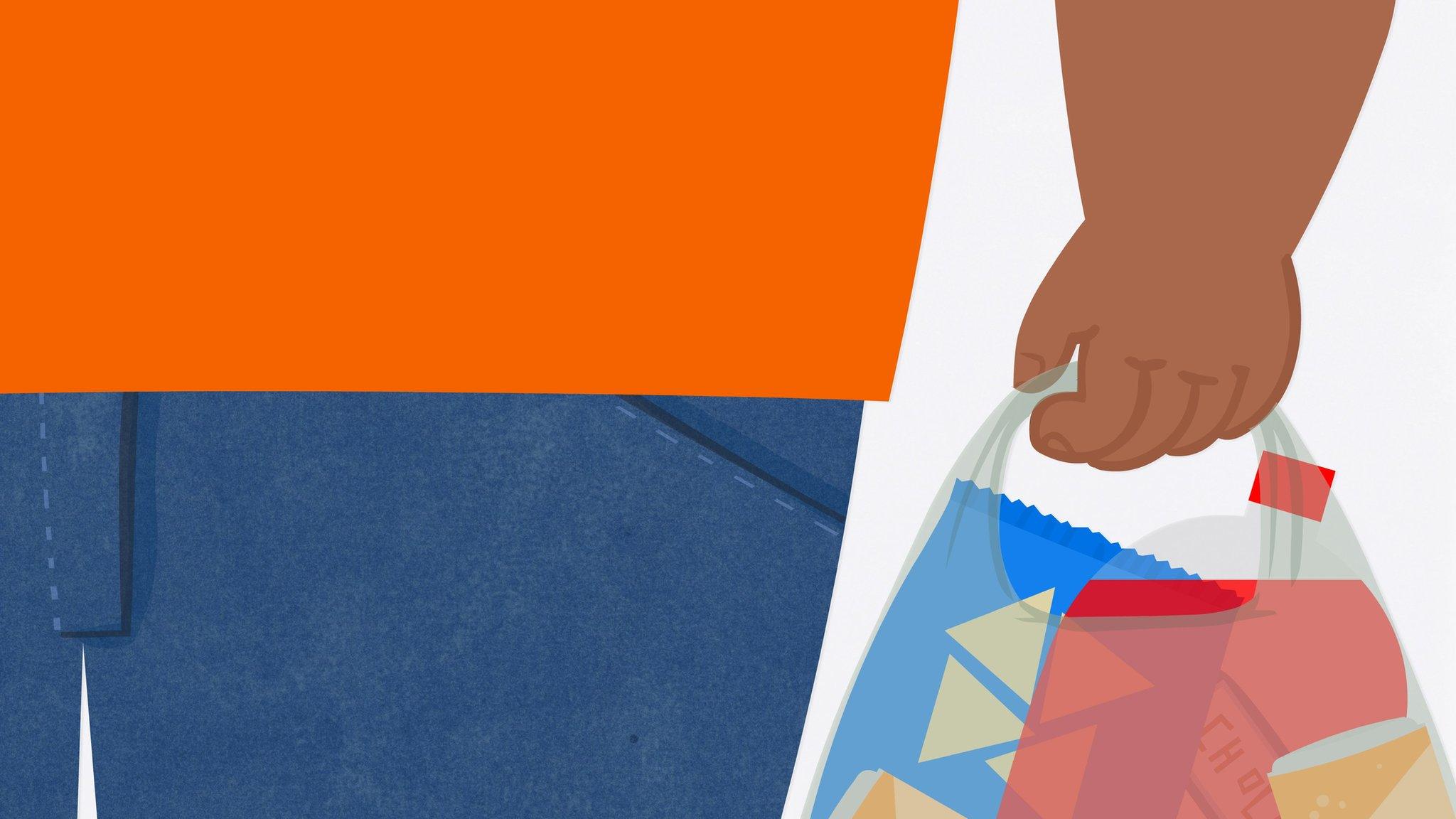Children and obesity: 'Spend time on sport rather than weighing kids'
- Published
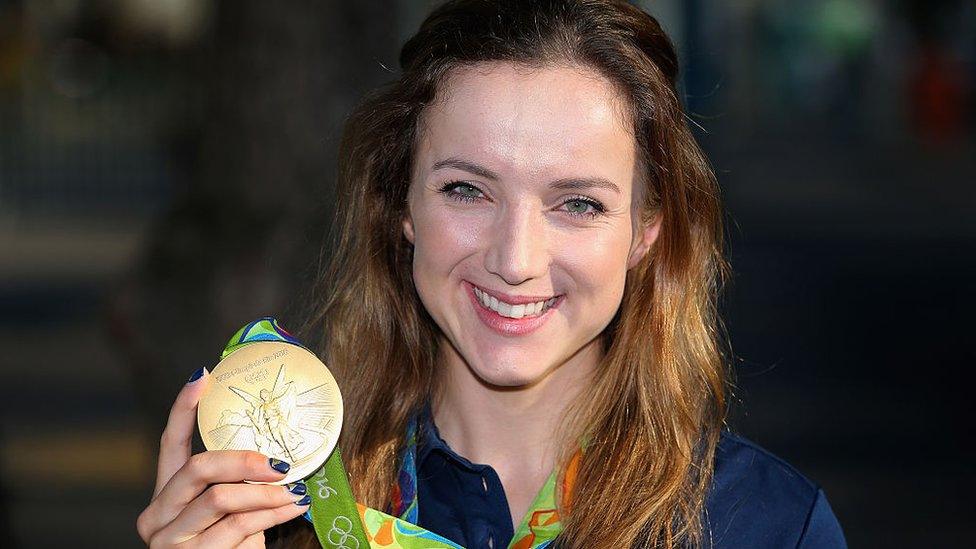
Elinor Barker won gold in the team pursuit at the 2016 Rio Olympics
Cyclist Elinor Barker has said time spent weighing children at school after lockdown would be better used helping them find a sport they love.
The Olympic gold medallist from Cardiff said she had seen athletes starve and dehydrate themselves the day before being weighed for competitions.
Her comments came after the National Obesity Forum's Tam Fry suggested checking children's weight this month.
He said weighing already happens and it would help pick up obesity early.
Ms Barker, 25, first outlined her views on Twitter, external after Mr Fry and other health experts said they wanted weigh-ins in September, and again in the spring, to keep kids on track.
She posted: "I've seen a lot of educated, professional athletes basically starve themselves, completely dehydrate themselves the day before they've got a body comp in which we all get weighed."
'Build a healthy lifestyle'
Body composition analysis is a way of examining what the body is formed of; by differentiating between fat, protein, minerals, and water a snapshot of health can be seen.
"I just don't think that shame is the way forward whatsoever," she said, speaking later to the BBC.
"I really think that time could be used to find sports that kids enjoy.
"Because you need to enjoy it and build it into a healthy lifestyle, you need to find something that you love.
"And I think a lot of kids don't enjoy PE because there's a lot of hand-eye co-ordination involved, a lot of competition involved in football, netball, rugby - the kind of sports you see during school."
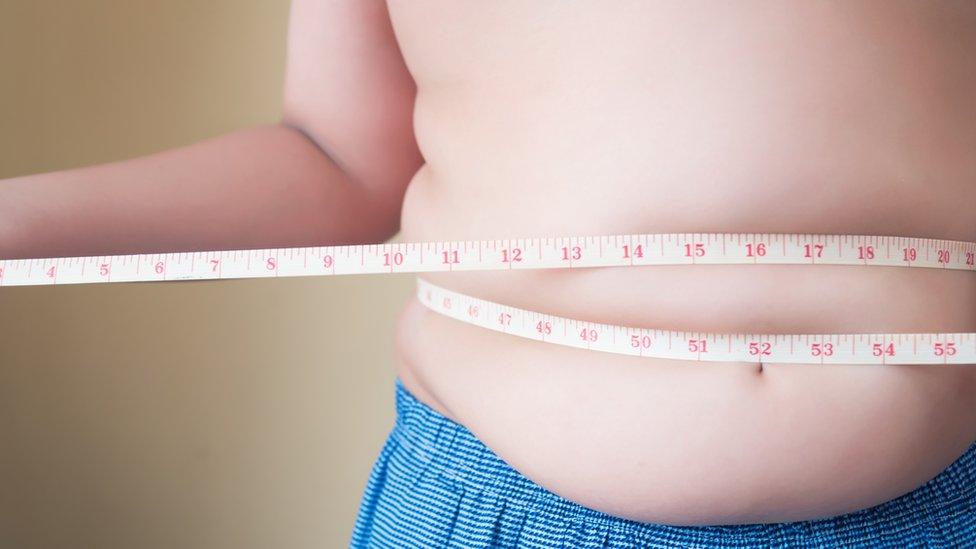
Elinor Barker said sport needed to be "a lifestyle" as "diets don't work"
She said young people who did not enjoy these sports could learn about ones they might, including less-accessible sports such as "canoeing or badminton or rock climbing".
"Or any of the hundreds of sports that there are that you can get involved in," said Ms Barker.
Sport, she added, needed to be "a lifestyle" as "diets don't work".
She said there had not been a set of scales in her childhood home.
When a number becomes "the most important thing", reason can go "out of the window", she added.
"Not having a number to track and not knowing even what I should weigh or what I had previously weighed, or anything like that, I think was super helpful in trying to just keep a healthy mindset I think," she said.
Mr Fry denied his suggestion of checking on school children's weight after the pandemic in any way amounted to "fat shaming".
He insisted children should be measured "routinely" in school to identify excess weight gain before it became a problem.
"Measuring height and weight should always be privately carried out in the school medical room and recorded or charted by the school nurse, doctor, etc," he said.
"The data should then inform medical intervention and the family.
Weight gain
He said child measurement programmes, external had been conducted in schools since 2005, adding they were a "vital resource" in knowing the health of UK children.
Because of lockdown "we have no idea" how the pandemic has affected children's weight, he said.
"My call to get children measured when they return to school would go towards rectifying that."
Mr Fry said he was "absolutely sure" obesity rates would rise because of lockdown.
"One thousand under-fours were treated for obesity in hospital last year because their weight gain was not picked up, and 25% of primary school entrants are overweight or obese," he said.
"That is obscene."
Related topics
- Published25 July 2020
- Published8 January 2019
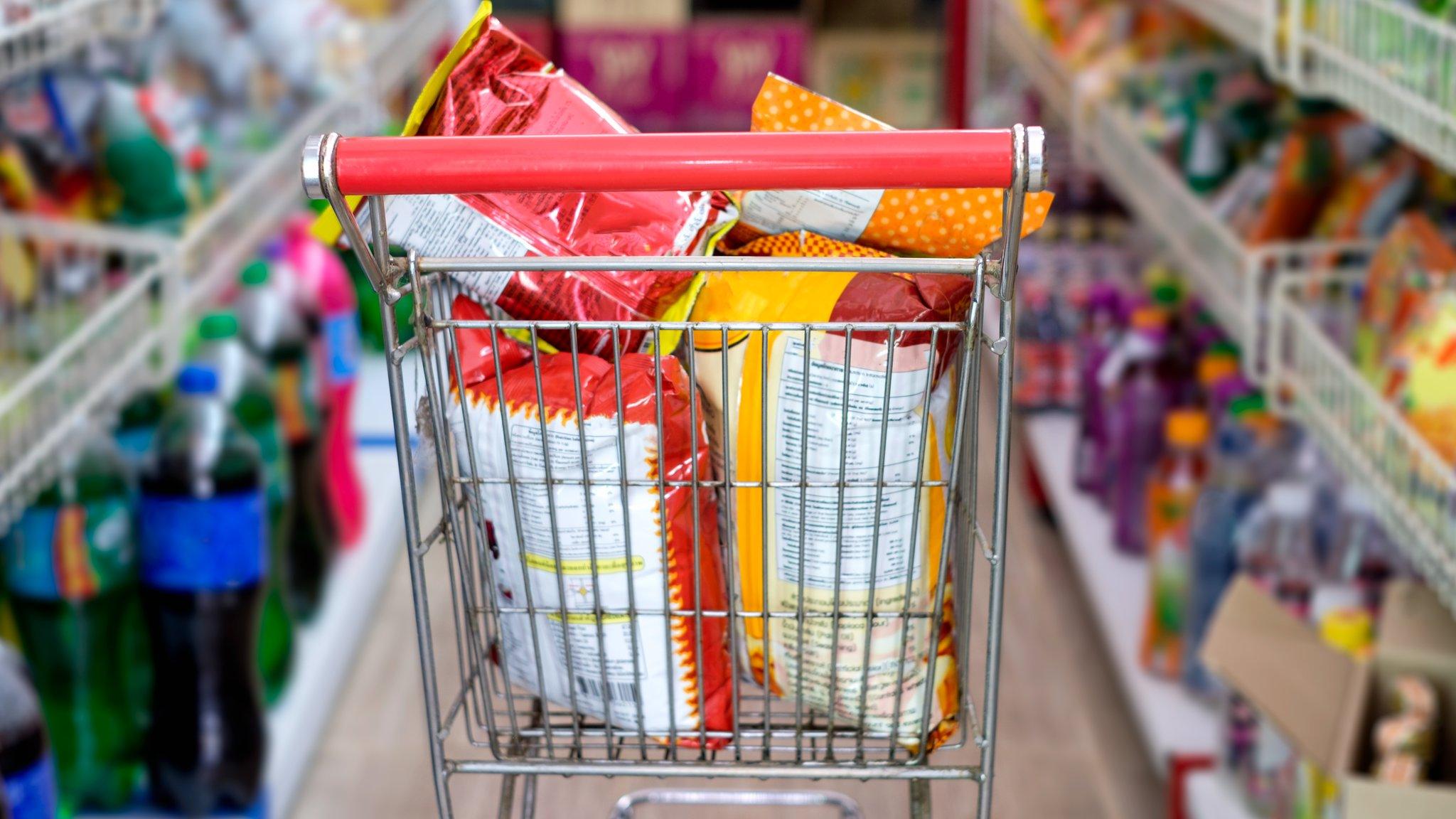
- Published6 April 2018
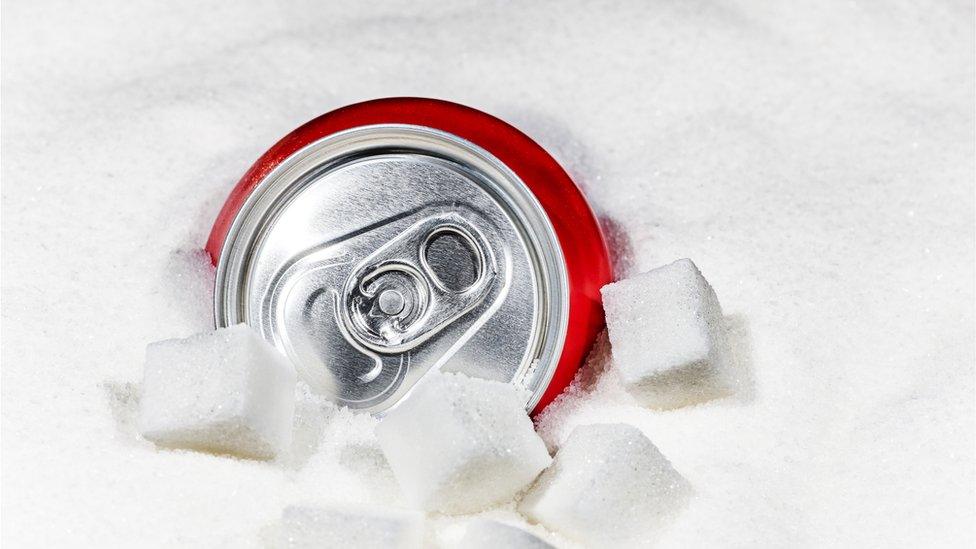
- Published28 July 2020
